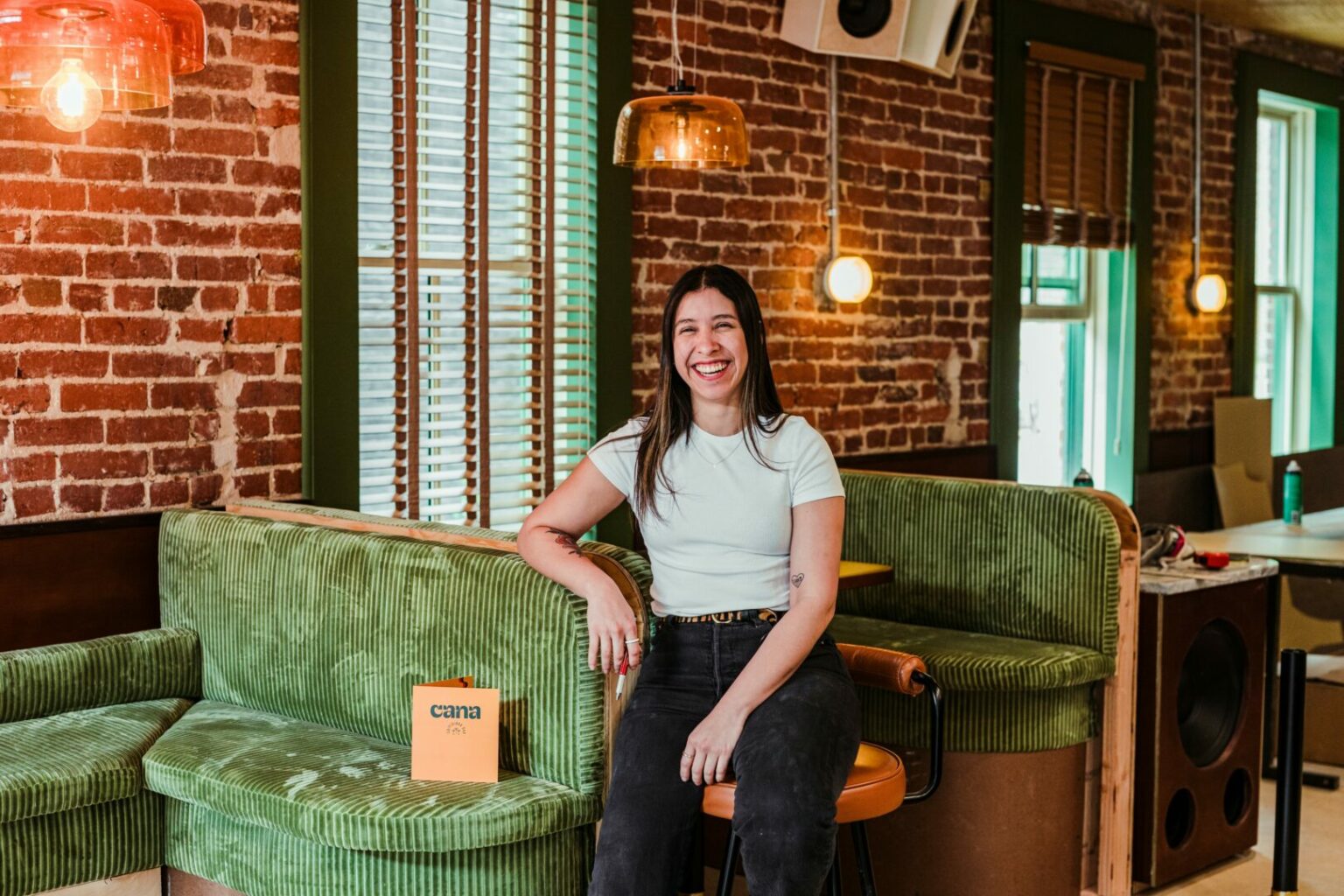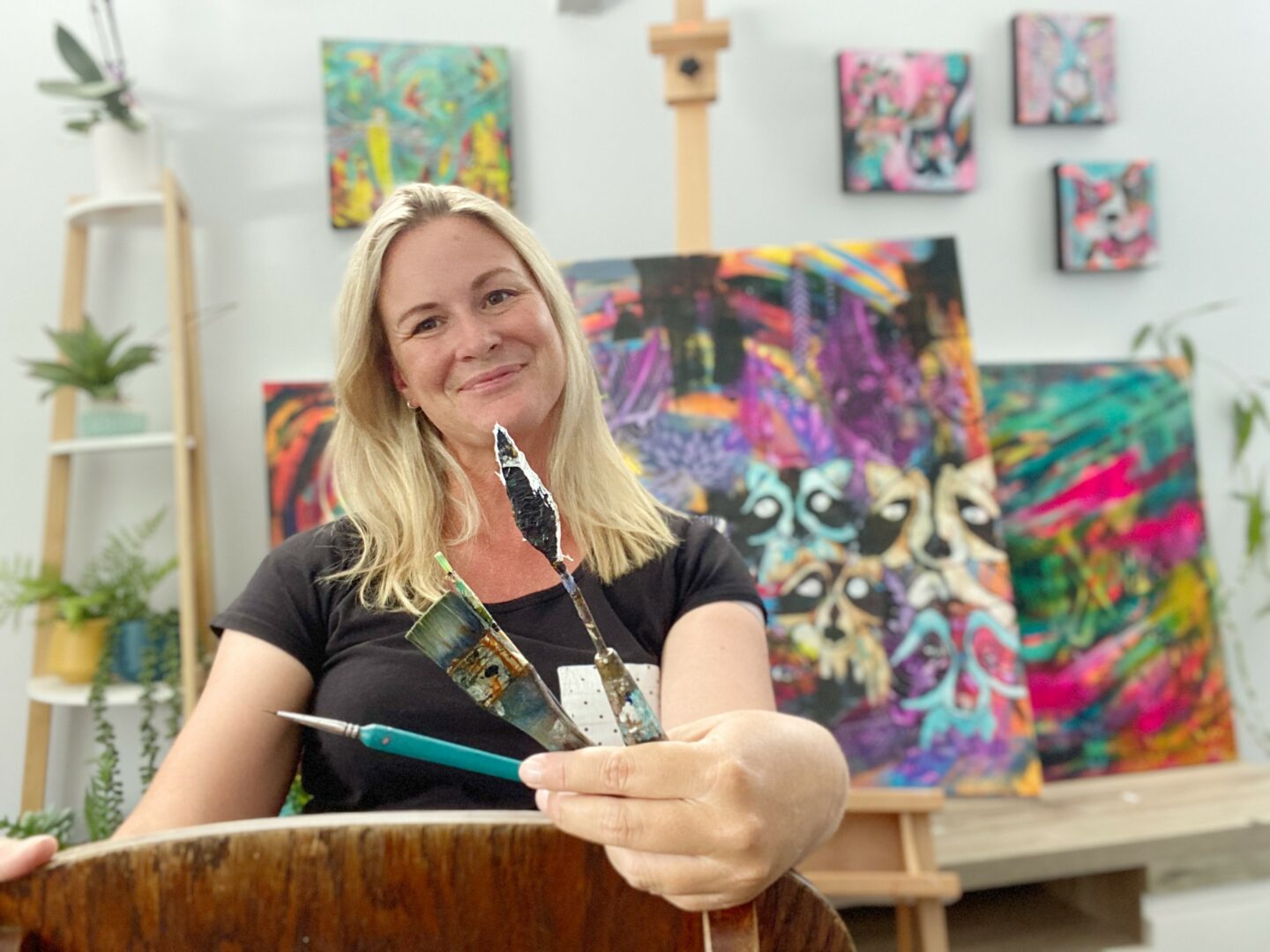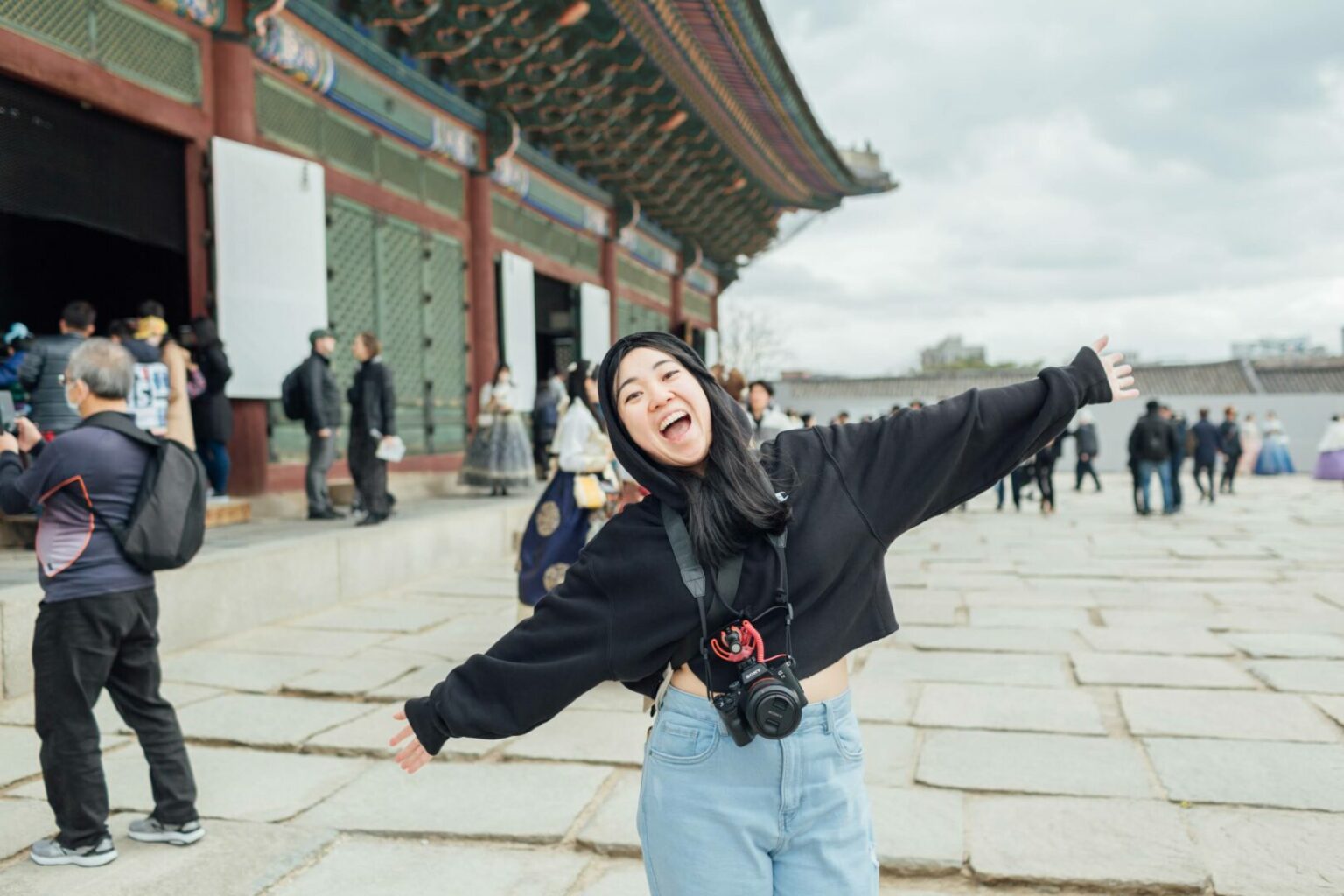We recently connected with Matthew Miranda and have shared our conversation below.
Matthew, so good to have you with us today. We’ve always been impressed with folks who have a very clear sense of purpose and so maybe we can jump right in and talk about how you found your purpose?
I believe that we have a duty to help those around us & provide a better world for the less fortunate. That is something I started saying 18 years ago when I was starting college. I was a freshman at Texas A&M University and was looking for organizations to join. I had been in 4-H and the Boy Scouts, as well as my parent’s home school support group, H.A.V.E.N Home Educators while in high school, but now I got to see what else was out there. I was drawn to Alpha Phi Omega, a national co-ed service fraternity. It was founded originally as a fraternity for former boy scouts, but in 2005, it was an organization that had a purpose of helping people. Service projects every Saturday morning at 8am doesn’t sound like fun to some people, but when you are helping people with 50 of your friends, its not just work…its fun!
I knew I wanted to help people from an early age. Some of my first memories are helping my grandma who was mostly confined to a bed for the majority of the time I knew her. Starting with small things to help people, it increased over time as a joined organizations that had a call to service at their core. In Boy Scouts, we did clean ups, food drives, fundraisers and more to help people in our community. My Eagle Scout rank was earned by adopting a nursing home and building them a handicapped-accessible garden planter. In 4-H, we expanded our service to making sandwiches for the SAMM Shelter in San Antonio, food and clothing drives, teaching kids leadership skills, placing flags at Ft. Sam Houston National Cemetery and so much more. I remember I completed over 400 hours of community service my senior year of high school, and I knew I had found what I wanted to do with my life.
My parents instilled this passion for service in me in everything that we did growing up. Aside from organizations, we helped others as a family as well. Sometimes it was helping people in the neighborhood with yard work or moving things. Sometimes it was donating food, even if we didn’t really have the food to donate. We purchased gifts for kids at Christmas, gave thanksgiving dinner to people, or gave the homeless in our community clothes, shoes or blankets so they weren’t as cold and had something for themselves. My parents gave selflessly, even when it meant they would not be able to have something for themselves. That continues today in all they do…helping lots of people without any recognition.
Today, I am a county extension agent in Guadalupe County. I run the 4-H Program here with 200 volunteers and co-workers who also have a service mentality. After 12 years in this position, I hope i have been able to teach the youths I have worked with that service to others is the best thing you can do to make a difference in the world. Its not politics, its not having the best stuff or the most things, its not being wealthy, it is helping people.
Thanks, so before we move on maybe you can share a bit more about yourself?
For the last 12 years, I have served as the 4-H Youth Development county extension agent with Texas A&M AgriLife Extension Service in Guadalupe County. 4-H is a world wide youth-serving organization that focuses on teaching life skills through meaningful, hands-on learning opportunities. Texas 4-H is the largest 4-H program in the world, with around 50,000 youths participating in 4-H clubs, school opportunities, and more. Additionally, we serve around 400,000 through curriculum enrichment programs in school districts around Texas. In Guadalupe County, we currently serve about 5,500 youth through schools and community 4-H Clubs, and 250 adult volunteers.
4-H began as a way for research-based agricultural information to be applied and adopted in communities around the country. From its roots as an agricultural organization, it has grown to include projects like robotics, STEM, healthy lifestyles, leadership, public speaking, livestock, consumer decision making, among many others. I was a 4-Her growing up in San Antonio, and while I learned some about agriculture, my main projects were leadership, sportfishing, clothing & textiles, and Food & Nutrition. One of the things I like to press is the abundance of projects that kids can get involved in. While they all will learn some about agriculture at one point, they can also find their niche that makes them feel at home! It is important to note that 4-H is open to all kids, everywhere!
Looking back, what do you think were the three qualities, skills, or areas of knowledge that were most impactful in your journey? What advice do you have for folks who are early in their journey in terms of how they can best develop or improve on these?
I’d say the number one skill I’ve learned, and that everyone should learn to be successful is good communication. Communication is essential to any job, organization, relationship or other setting; and I don’t just mean being a good speaker. Public speaking skills are important too, but communication goes beyond that. I try to teach the youths I work with that communication begins with active listening; that is, not just repeating what is said or told, but really sitting back, taking in what was communicated and making a meaningful effort to understand and reply. Some of the best communicators I know are not big on talking, but when they do speak, people listen. Another important aspect of communication is recognizing body language and non-verbal cues. This is yet another form of communication that does not require speaking. Understanding how a person is feeling or acting is as important to communication as delivering a message.
The next most important skill I’ve learned and developed is that of empathy. Empathy is important to me because to be an effective communicator and leader, you need to understand the feelings of those you serve. It is not enough to issue orders or instructions, but to try to put yourself in the shoes of the people you work with. In this job, you naturally become part of the community. You get to know families, see kids grow up, graduate and have kids themselves. You attend weddings, graduations, birthday parties and funerals. You grow to care for the people you serve, and empathy is the cornerstone of that.
The third skill I would say has been most import is patience. You have to be patient with people because you never know what someone is really going through. This also goes back to empathy! There have been plenty of times where I want to take something on because its taking a long time for someone else, or jump in to help even though there are plenty of people working on a project already. When it comes to 4-H programming, patience is key, because it allows the youths time to learn, and do what they need to in order to succeed. Sometimes success does not come quickly, but without patience, you may never realize what you can truly do.
What is the number one obstacle or challenge you are currently facing and what are you doing to try to resolve or overcome this challenge?
4-H has been an organization since 1902; 1908 in the state of Texas. There have been plenty of obstacles that the program has overcome in the past, and today is no different. I believe the biggest problem with 4-H is the general public’s knowledge of the organization. In decades past, 4-H was a better known organization in rural areas especially because it was applicable to an agricultural community. The number of youth-serving organizations has increased greatly since 1908 as well. Additionally, the COVID-19 pandemic has caused people to re-think what they do, attend and participate in. All of these things contribute to 4-H being the best kept secret that isn’t a secret! If we truly want to expand this program to youth in every part of Texas and let them know the opportunities that are available to them, we need to find new sponsors of our program, new sources of funding for recruitment, marketing, and promotion, and new avenues for reaching youth and their parents! Our Guadalupe County 4-H program has a team of 4-H Ambassadors, whose main job is the marketing and promotion of 4-H in the community. They have helped us rebuild our 4-H program to the numbers seen before the pandemic. With that said, additional funding would allow us to reach even more people and help them join the program. Only by identifying new sources of funding will the 4-H program be able to reach the potential that I know it has! With that said, even if we only are able to help one youth, we are still making a difference for that person. After all, it is our duty to help other people.
Contact Info:
- Website: https://guadalupe.agrilife.org/
- Instagram: guadco4h
- Facebook: https://www.facebook.com/GuadalupeCounty4H
- Youtube: https://www.youtube.com/GuadalupeCounty4H








